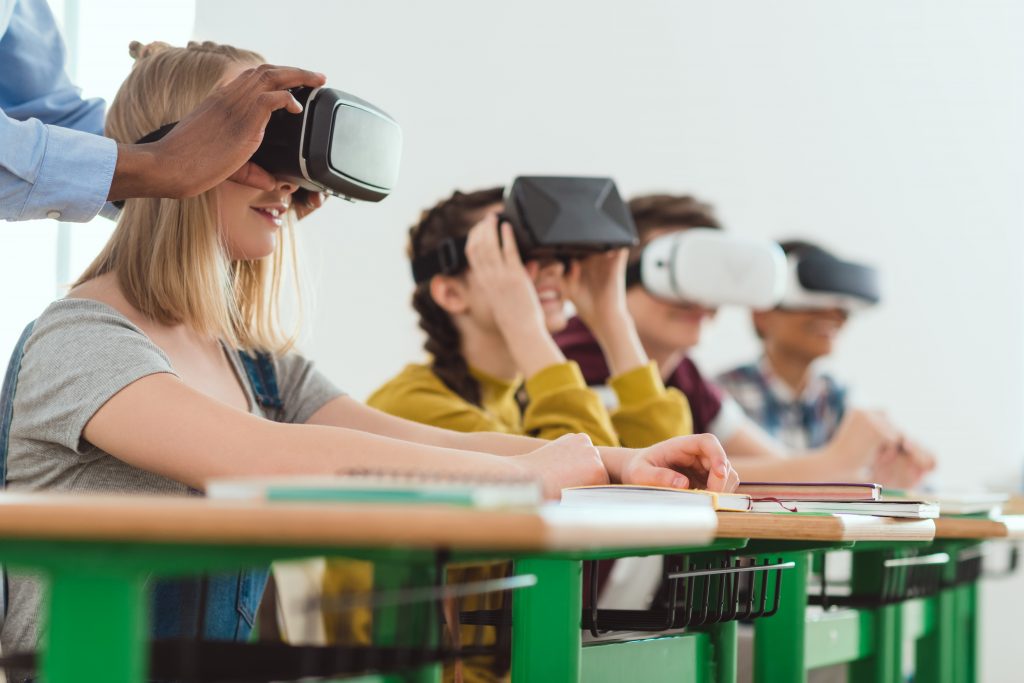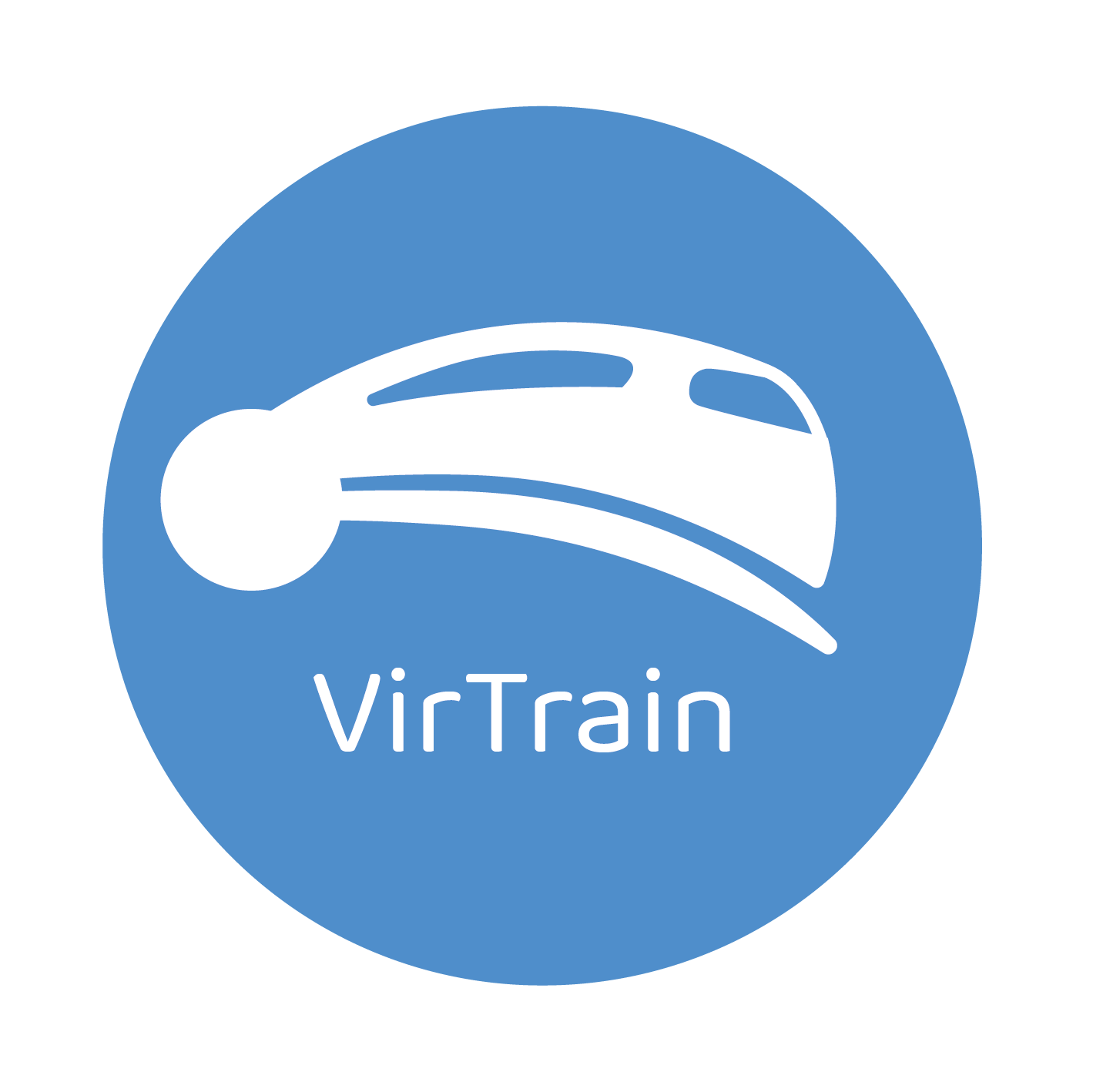There are many examples of using technology in schools for enhancing student’s learning experience. A relatively unexplored technology in education is Virtual Reality.
Most of the existing VR applications aimed at learning are passive virtual field trips, where the user only interacts with the application by observing the virtual world. This is not how it has to be!
Virtual reality experiences have become widely available thanks to a dramatic drop in the prices of hardware over the last decade. We can now meet in virtual reality (VR). While we talk online via microphone in our VR goggles also visit places captured with 360-degree camera or created digitally by designers. This is the closest to the age-long human desire for teleportation we have been so far.

New applications appear daily and following the logic of mobile phone VR is here to stay with us. While technological advancements in the field of virtual reality are making ever-more immersive entertainment experiences possible, the world of learning is only just beginning to benefit from its potential.
Cost and time are problematic in some disciplines that would require a lot of software development to practice what they need (e.g. highly interactive and precise simulations). However, there are numerous areas namely in Vocational Education and Training that can benefit from the accessibility of VR immediately and within a reasonable budget.
Language acquisition is an excellent example. A competence we teach to every student in Europe, namely its communicative aspects, can already be practiced both in publicly accessible or controlled, purpose-built virtual environments. The intensity of a shared experience in an immersive virtual environment lends the traditional roleplay, collaborative and simulation-based types of learning activities a completely new dimension.
A very promising aspect of VR use is the impact on attention. In VR the users – students – are visually isolated from their physical surroundings. For the duration of the activity the trainer can have the students’ full attention. Research shows that immersion could be a very effective way of learning a language.
That is why we have created an international partnership supported by Erasmus+ and we aim to bring quality to teaching in VR!

Recent Comments